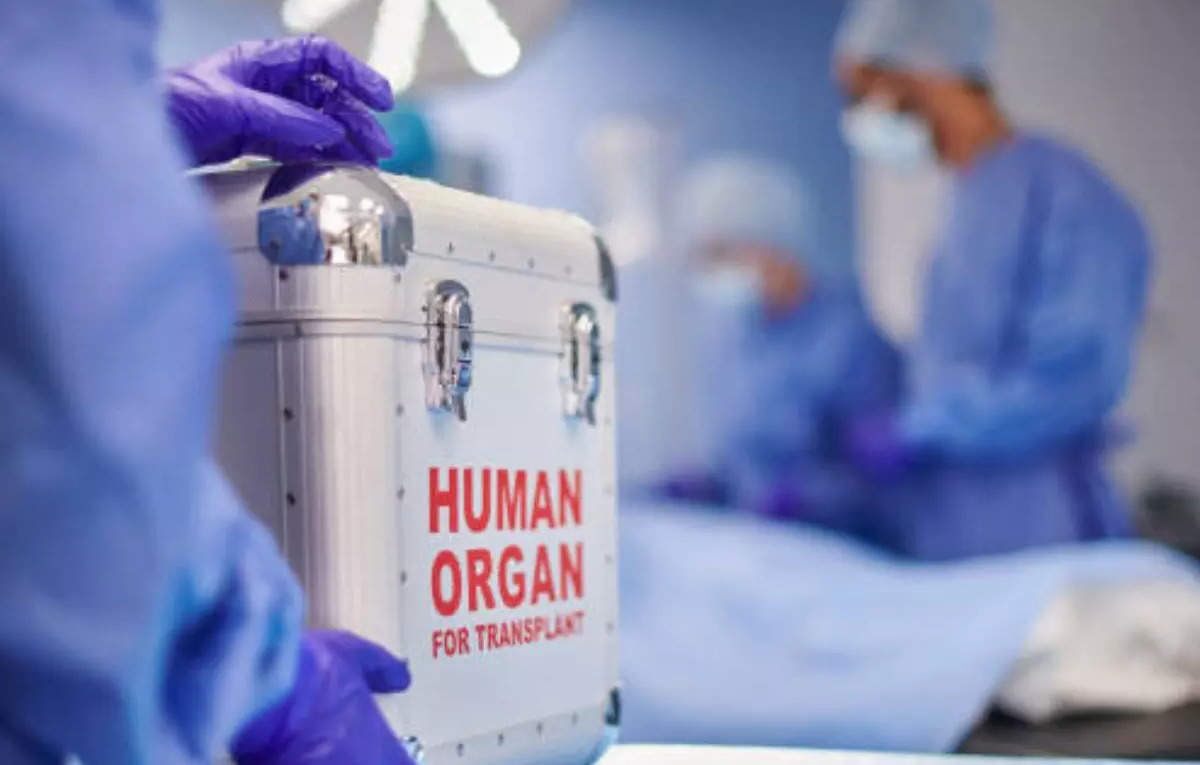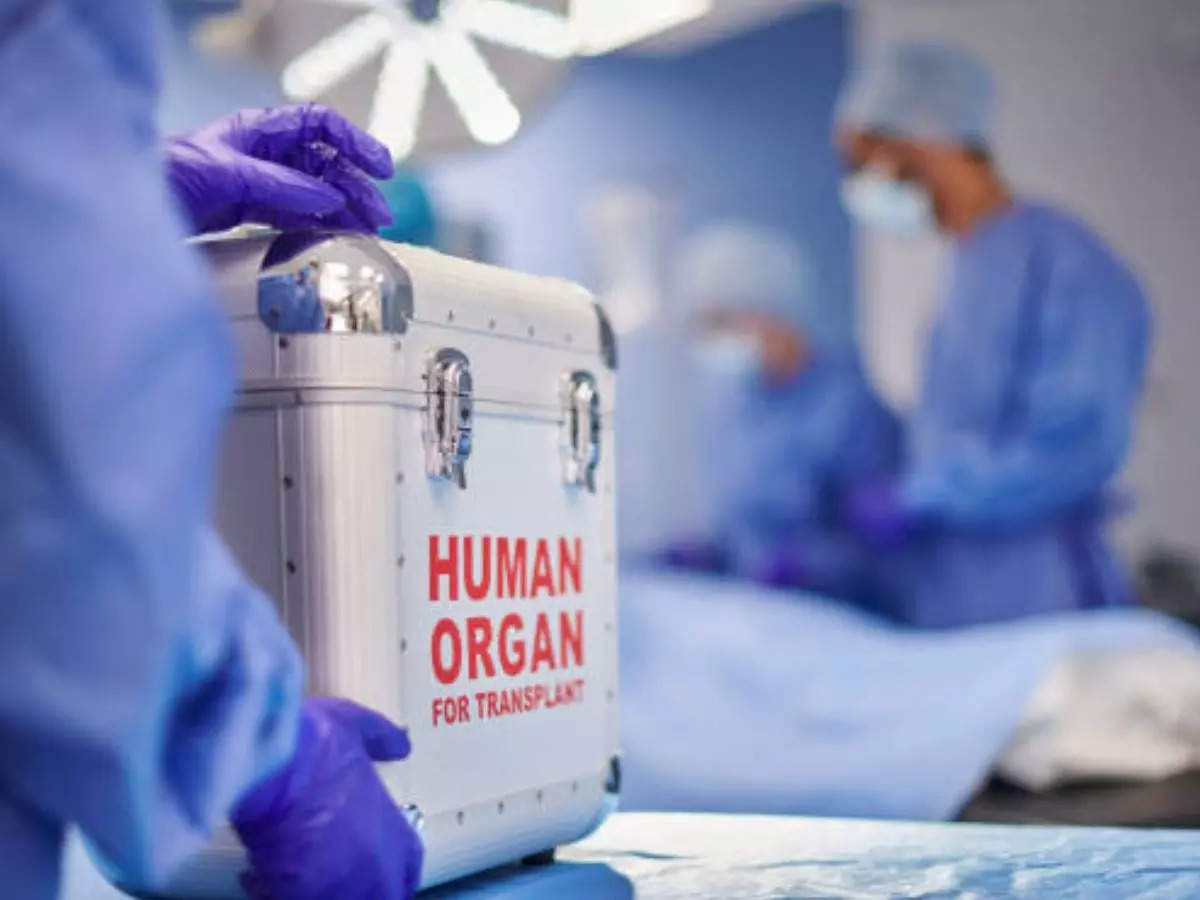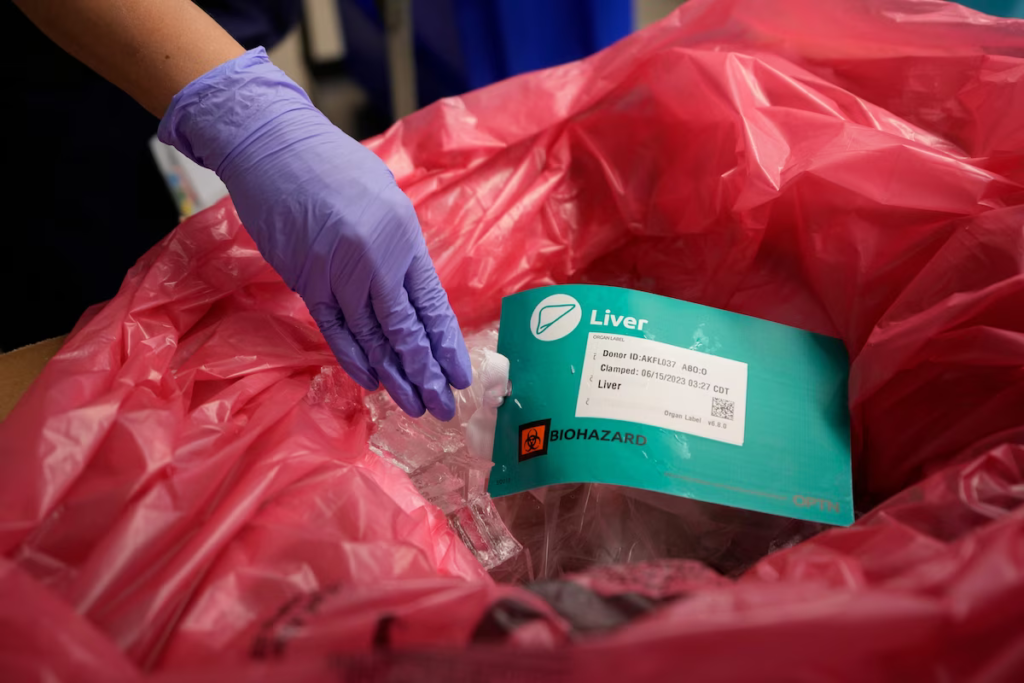








Justin Menezes, MD, is a board-certified family medicine physician who provides the full range of primary and preventive medical services. With an emphasis on men’s health and management of chronic diseases such as diabetes, hypertension, high cholesterol, obesity, cardiovascular disease and others. A UCF graduate, Dr. Menezes earned his medical degree at the American University of the Caribbean in St. Maarten, completing his third year of medical training in London. He undertook his residency at Florida Hospital (now AdventHealth), where he earned the role of Chief Resident.
Awards & Recognition
Consistently high patient satisfaction scores >99th percentile; Physician Recognition Award, American Medical Association; Medical Director, CVS Minute Clinic; Assistant Professor, UCF College of Medicine; board member, Network Operations Council and Primary Care Operations Council for AdventHealth
Differentiators
Dr. Menezes is a leader in preventative care. He uses evidence-based medicine to assess his patients and give recommendations on treatment. Although he treats all patients, he has special interest in men’s health, elder care, and healthy living. He prides himself on treating all patients as if they were part of his family and is almost always on time for appointments.
Dr. Menezes strives to practice what he preaches. He enjoys an active lifestyle by working out, bike riding, and participating in outdoor activities. He also volunteers regularly and participates in many charitable organizations. He also enjoys traveling and spending time with his family and friends.
Dr. Menezes’ mission is to help patients achieve optimal health through a healthy lifestyle and disease prevention in a high quality, compassionate, and dedicated environment.
American University of the Caribbean
AdventHealth East Orlando
Medical Director CVS Minute Clinic, Community Faculty UCF College of Medicine, American Academy of Family Physicians, Florida Academy of Family Physicians, American Medical Association, Network Operations Council AdventHealth, Primary Care Council AdventHealth
Family Medicine: The American Board of Family Medicine
A Rare Case of Chest Pain Caused by Papillary Fibroelastoma of the Tricuspid Valve

Dr. Milind Parikh is a board-certified cardiologist and clinical cardiac electrophysiologist with special interests in general and preventive cardiology, heart rhythm disorders, heart failure and valvular heart disease. He is a compassionate and caringphysician who is dedicated to his patients.
Dr. Parikh graduated from Cornell University in Ithaca, New York and received his medical degree at the University of Vermont in Burlington, Vermont. He completed his internal medical residency at the Albert Einstein College of Medicine Montefiore Medical Center in New York City. He then completed a Cardiology and Clinical Cardiac Electrophysiology fellowship at Rush University Medical Center in Chicago, Illinois.
Since completing his schooling, he has authored multiple articles in peer-reviewed journals. He is the sole author of Clinical Cardiac Electrophysiology: Illustrated Study Guide and Comprehensive Board Review. Dr. Parikh is a diplomate of the American Board of Internal Medicine for Cardiovascular Disease, and Clinical Cardiac Electrophysiology. He is a fellow of the American College of Cardiology. He is currently in private practice in Orlando, Florida and is also an associate a professor at the University of Central Florida College of Medicine.


In a recent study published in BMJ, researchers reviewed existing meta-analytic evidence on the association between ultra-processed food exposure and chronic disease outcomes.
Study:
Ultra-processed food exposure and adverse health outcomes: umbrella review of epidemiological meta-analyses. Ultra-processed food exposure and adverse health outcomes: umbrella review of epidemiological meta-analyses.
Ultra-processed foods, such as packaged snacks, quick noodles, and ready-made meals, are industrial compositions that include chemically manipulated ingredients and additives.
They are consumed extensively in low- and middle-income nations and are related to behavioral processes, eating surroundings, and marketing pressures.
These foods have low nutritional profiles, with higher levels of calories, salt, sugar, and saturated fat but lower levels of dietary fiber, micronutrients, and vitamins, which may synergistically influence chronic inflammatory disorders.
Several meta-analyses have examined the link between ultra-processed foods and adverse health outcomes; however, comprehensive evaluations of current evidence still need to be included.
Further research could improve our understanding of these relationships and provide valuable insights to improve public health policies and practices. It is especially noteworthy given the ongoing global debate on the necessity of public health policies to combat ultra-processed food exposure in general populations.
About the study
In the present umbrella review, researchers examined current data from meta-analyses of observational epidemiological studies investigating the link between ultra-processed food intake and the likelihood of unfavorable health consequences.
The team searched the Embase, PsycINFO, the Cochrane Database of Systematic Reviews, and the MEDLINE databases and their reference lists between 2009 and June 2023 without language restrictions.
Food Adulteration in the Honey Industry eBook Learn how to test and ensure honey authenticity throughout the supply chain with this free eBook. Download the latest edition
Eligible studies included systematic review and meta-analytical research of cross-sectional, cohort, and case-control studies using the Nova food classification to determine ultra-processed food exposure among humans of all ages, regardless of health status, to compare dose-response and non-dose-response associations of dietary ultra-processed food intake and adverse health endpoints.
The team applied pre-determined evidence classifications to assess evidence credibility, graded as class I (convincing), class II (highly suggestive data), class III (representative), class IV (weak), or class V (no evidence).
They used the Grading of Recommendations, Assessment, Development, and Evaluations (GRADE) approach to assess evidence quality. Two researchers performed data screening and resolved disagreements by consensus.
The team included the latest meta-analysis study in case of multiple pooled analyses for the same adverse health outcome, analyzing meta-analyzed effect estimates of non-dose-response and dose-response exposure to ultra-processed foods.
They obtained missing or unclear information from meta-analysis studies by reviewing original research articles or directly requesting it from the corresponding authors. If discrepancies existed, the team prioritized extracting data from the original research article.
They performed random effects modeling to analyze the effect estimates for each endpoint, used I2 values to assess study heterogeneity, and used Egger’s regression asymmetry tests to evaluate the influence of small studies.
Results
The team identified 45 distinct pooled data analyses, including 32 non-dose-response relationships and 13 of the non-dose-response type (n=9,888,373). They found high and moderate heterogeneity in eight and 13 unique pooled analyses.
There were direct associations between ultra-processed food exposure and 32 health characteristics related to cancer, mortality, and respiratory, mental, gastrointestinal, and cardiometabolic disease outcomes.
Class I evidence indicated direct relationships between higher ultra-processed food consumption and increased risks of new-onset heart disease-associated deaths [risk ratio (RR), 1.5; GRADE evidence, very-low quality evidence], diabetes mellitus type 2 (dose-response RR, 1.1; moderate-quality evidence), anxiety [odds ratio (OR), 1.5; low-quality evidence], and mental disorders (OR, 1.5; low-quality evidence).
Class II data indicated increased ultra-processed food exposure directly related to elevated risks of any-cause mortality (RR, 1.2; low-quality evidence), cardiovascular disease-associated deaths [hazard ratio (HR), 1.7; low], diabetes mellitus type 2 (OR, 1.4; very-low quality evidence), and depression (HR, 1.2; low-quality evidence), with increased risks of adverse sleep-associated outcomes (OR, 1.4; low-quality evidence), obesity (OR, 1.6; low-quality evidence), and wheezing (RR, 1.4; low-quality evidence).
Among the other 34 pooled records, 21 and 13 had class III to IV and V evidence, respectively. The team rated 22, 19, and four pooled analyses as low, very low, and moderate quality, respectively.
Conclusions
Overall, the study findings showed higher ultra-processed-type food exposure associated with an increased risk of chronic disease outcomes, particularly cardiometabolic diseases, mental disorders, and death.
The study results provide a basis for developing and assessing the efficacy of public health initiatives to limit ultra-processed food exposure for enhanced well-being. The findings could also assist crucial mechanistic research.
Ultra-processed diets are related to ill health and early death due to lower nutritional profiles, the displacement of non-processed foods, and structural changes in consumables.
They are associated with chronic diseases via inflammatory pathways, and industrial processing methods, components, byproducts, additives, hazardous compounds, and packaging pollutants may alter them.

 Cannabis use in patients seeking solid organ transplantation (SOT) is an important and unsettled matter which all transplantation clinicians regularly encounter. It is also a multifaceted, interprofessional issue, difficult for any specialty alone to adequately address in a research article or during clinical care. Such uncertainty lends itself to bias for or against cannabinoid use accompanied by inconsistent policies and procedures. Scientific literature in SOT regarding cannabinoids often narrowly examines the issue and exists mostly in liver and kidney transplantation. Published recommendations from professional societies are mosaics of vagueness and specificity mirroring the ongoing dilemma. The cannabinoid information SOT clinicians need for clinical care may require data and perspectives from diverse medical literature which are rarely synthesized. SOT teams may not be adequately staffed or trained to address various neuropsychiatric cannabinoid effects and risks in patients. In this article, authors from US transplantation centers conduct a systematized review of the few existing studies regarding clinician perceptions, use rates, and clinical impact of cannabinoid use in SOT patients; collate representative professional society guidance on the topic; draw from diverse medical literature bases to detail facets of cannabinoid use in psychiatry and addiction pertinent to all transplantation clinicians; provide basic clinical and policy recommendations; and indicate areas of future study.
Cannabis use in patients seeking solid organ transplantation (SOT) is an important and unsettled matter which all transplantation clinicians regularly encounter. It is also a multifaceted, interprofessional issue, difficult for any specialty alone to adequately address in a research article or during clinical care. Such uncertainty lends itself to bias for or against cannabinoid use accompanied by inconsistent policies and procedures. Scientific literature in SOT regarding cannabinoids often narrowly examines the issue and exists mostly in liver and kidney transplantation. Published recommendations from professional societies are mosaics of vagueness and specificity mirroring the ongoing dilemma. The cannabinoid information SOT clinicians need for clinical care may require data and perspectives from diverse medical literature which are rarely synthesized. SOT teams may not be adequately staffed or trained to address various neuropsychiatric cannabinoid effects and risks in patients. In this article, authors from US transplantation centers conduct a systematized review of the few existing studies regarding clinician perceptions, use rates, and clinical impact of cannabinoid use in SOT patients; collate representative professional society guidance on the topic; draw from diverse medical literature bases to detail facets of cannabinoid use in psychiatry and addiction pertinent to all transplantation clinicians; provide basic clinical and policy recommendations; and indicate areas of future study.


Federal authorities have launched a wide-ranging investigation of the nonprofit organizations that collect organs for transplant in the United States, according to six people familiar with the inquiry, which seeks to determine whether any of the groups have been defrauding the government. The probe involves U.S. attorneys in various parts of the country who are investigating organ procurement organizations in at least five states. Their team includes investigators from the Department of Health and Human Services and the office of Michael Missal, the inspector general of the Department of Veterans Affairs. They are seeking to determine, among other things, whether any of these groups have been over billing the government for their costs.
Serious deficiencies in the nationwide organ transplant system have been the subject of increasing government scrutiny in recent years, but an investigation led by federal prosecutors — which carries the possibility of criminal charges — could be the gravest threat yet to the status quo in the troubled, multibillion-dollar organ transplant industry.
The Association of Organ Procurement Organizations “is aware the Department of Veterans Affairs Office of the Inspector General has made inquiries of some OPOs,” Jenny Daigle, a spokeswoman for the trade association, said in an email. She added that the association hasn’t been contacted by the agency.
None of the organ procurement organizations contacted by The Washington Post about VA’s actions and the federal investigation returned emails and
phone calls. Spokesmen for the Justice Department and the VA inspector general’s office declined to comment.
Transplant centers pay for some of the groups’ costs, and the Medicare system reimburses the organizations for additional expenses they say they have in curred in the acquisition and transportation of kidneys, as well as other costs such as overhead. The groups collect reimbursements from transplant centers for other organs. Transplant centers are then reimbursed by both public and private payers, depending on the patient.
One thrust of the investigation appears to be whether any of the nonprofitshave violated the federal False Claims Act by knowingly billing the federal government for unallowable costs, according to the people aware of the investigation. All of them spoke on the condition of anonymity because they are not authorized to comment on an ongoing government inquiry.
Another line of investigation is whether there have been kickbacks between organizations in this tightly knit, lightly regulated corner of U.S. medicine, according to one of these people.
In addition, investigators are looking into whether six organ procurement organizations have fraudulently billed VA and Medicare, according to one of the people familiar with the investigation.
Last March, the head of the government’s Health Resources and Services Administration, part of HHS, promised to overhaul the transplant system by ending the 38-year monopolyheld by the United Network for Organ Sharing. UNOS, a nonprofit based in Richmond, is the only organization ever to run the transplant system, under a contract it has repeatedly been awarded by the government.
In July, Congress passed a law authorizing the change.
Most False Claims Act investigations originate as complaints by whistleblowers who are not part of the government. The Justice Department then can decide to throw its considerable resources into determining whether the allegations have merit. The law allows prosecutors to bring criminal charges or file civil lawsuits, depending on the results of their investigation.
VA, the largest health-caresystem in the United States, has not figured prominently in previous critiques of the transplant system, and a 2021 report in the American Journal of Transplantation may offer one clue why. The paper showed that procurement organizations collected organs from just 33 deceased donors at VA hospitals between 2010 and 2019, though 5,281 donors met the criteria to provide them. (Some of the authors of the peer-reviewed research have been critical of the current organ transplant system.)
Investigators want to know whether some procurement groups may be using VA donors as a source of revenue-generating body tissue and leaving badly needed organs behind, according to the person most familiar with that part of the investigation.Taking out organs requires more expertise and expense than collecting tissue, which, in some cases, yields substantial amounts of money for organ procurement groups
A complex web
In 2012, two officials of the Alabama group were convicted of health-care fraud and other charges for taking kickbacks from a funeral home.
Last year, the Senate Finance Committee explored possible conflicts of interest among the groups. It sent letters to executives of eight of them seeking information on alleged “instances in which they potentially abused their positions for monetary gain.”
The letters alleged that organ procurement organizations and their executives “have engaged in a complex web of financial relationships with tissue processors, researchers, testing laboratories, and logistics providers, which have the potential for creating conflicts of
interest.”
They also said the committee had “received credible allegations” that senior members of the patient
protection and policy making committees at UNOS “may harbor undisclosed for-profit interests and may be leveraging their UNOS leadership positions to self-enrich at the expense of patient care.”
“These alleged conflicting financial and business relationships,” the letters stated, “pose serious risks to those in need of a lifesaving organ transplant.”
Many of the questions in the letters pertain to “all personal financial interests or business relationships” the executives and their board members have had with organizations that do business with their organ procurement organization or any other such group.
The letters were sent to organ procurement groups in Cincinnati, Milwaukee, Denver, Oklahoma City, Philadelphia, Nashville, Albuquerque and Westwood, Kan.The Association of Organ Procurement Organizations and Midwest Transplant Network in Westwood, Versiti Wisconsin in Milwaukee and Gift of Life Donor Program in Philadelphia emailed statements to The Post saying they
have cooperated with the Senate Finance Committee.
A spokeswoman for the committee, Nicole L’Esperance, said it is still waiting for some responses and could not yet comment on results of the inquiry.
Lawmakers and investigators aren’t the only people questioning the business practices of organ collection groups.
In a December lawsuit, one procurement group accused a neighboring one of trying to lure away a large nonprofit health-care network in Reno by offering $6 million to help start up a new organ transplant program.
Lawyers for Donor Network West said that organization has been the federally designated group for northern Nevada, including Reno, for almost 40 years. They alleged that Nevada Donor Network, the group for the rest of the state, offered the health-care network the money to become its procurement organization.
They also alleged that the money came from federal pandemic stimulus funding meant to aid the nation’s recovery from the covid-19 crisis.
About three weeks after the suit was filed, Donor Network West posted a statement that the
health-care network would retain Donor Network West as its procurement group unless the CMS provided the hospital a waiver. The lawsuit is continuing.Nevada Donor Network said it does not comment on pending litigation, “but we do look forward to the facts of this case coming out


More than 103,000 individuals in the United States are currently awaiting a life-saving organ transplant, according to the Organ Procurement and Transplantation Network. This is a staggering number, and it’s important to remember that nearly 60% of those on waiting lists come from minority communities. The reasons for this disparity are complex, but it’s clear that illnesses such as heart disease, high blood pressure, and diabetes disproportionately affect minority communities, leading to higher rates of kidney failure and a demand for transplants. While organs are not matched based on race or ethnicity, compatibility criteria such as blood type and specific antibodies must be met. Those from similar ethnic backgrounds tend to have better transplant outcomes, highlighting the importance of diversity in organ donation. Wait times for a deceased donor kidney are often long, ranging from three to ten years depending on where you are in the United States. As only about 30% of donor organs come from people of color, it can be challenging to find a diverse organ. That’s where living kidney donors come in – they provide a viable solution for those in need of organ transplants. In fact, in 2022 alone, more than 6,400 lives were saved thanks to living donors’ generosity. Despite the success of living-donor transplants, there are still many misconceptions about organ donation among minority communities, which can make individuals less likely to become donors. It’s important to remember that donors’ bodies will be treated with respect and dignity, and there is no charge to the donor’s family. Becoming a living donor is a straightforward process, and most healthy people can live with only one kidney. Furthermore, incompatible donors can still donate as part of a paired kidney donation chain – meaning that even if you can’t donate to your loved one directly, you can still make a difference and save lives.